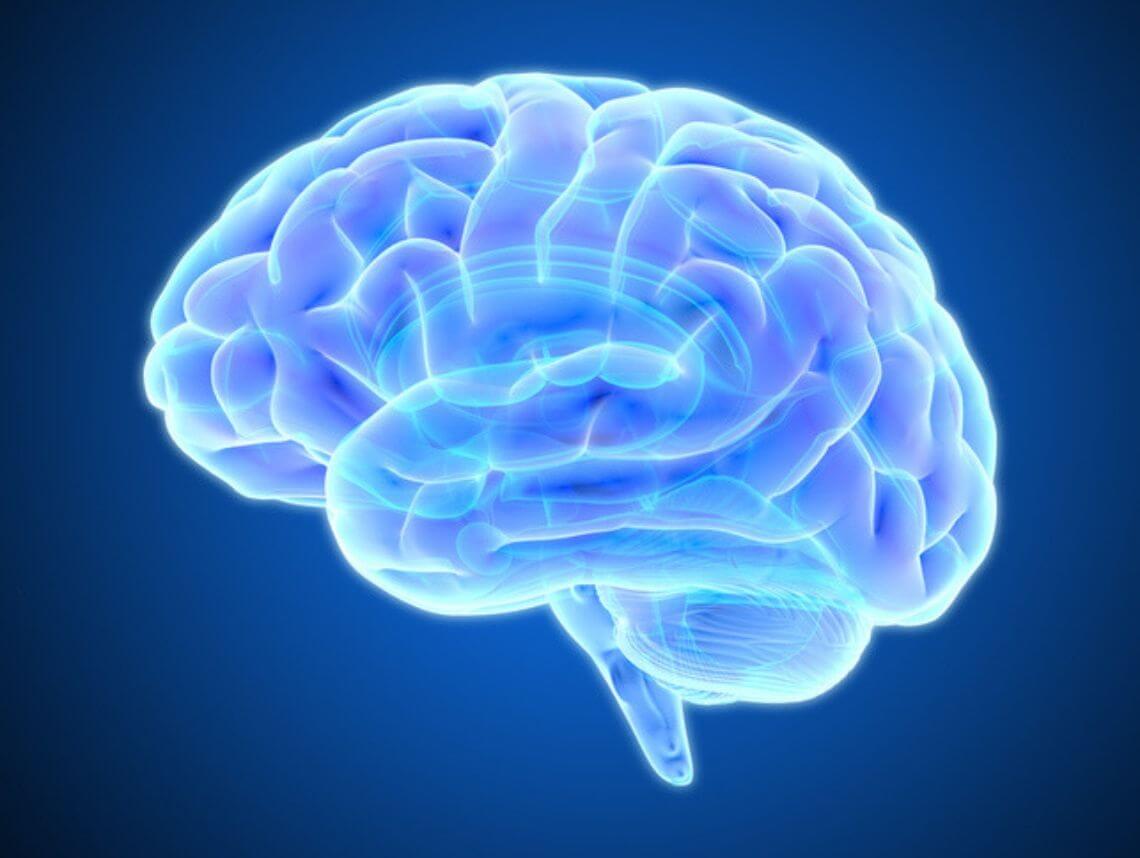Medical terms can be as confusing as a foreign language and when the terms are pertaining to a family member, the frustration can be crushing. Such is often the case with agenesis of the corpus callosum (ACC).
What does an ACC diagnosis mean for your child? What are the symptoms, and is there anything you can do to make life better for your child?
What is agenesis of the corpus callosum?
The corpus callosum is a portion of the brain that connects the left and right hemispheres to each other. It contains millions of nerves that pass information back and forth from one side of the brain to the other, which is essential for one to develop motor skills and cognitive abilities.
Agenesis of the corpus callosum is a rare congenital disorder in which a baby is born without the corpus callosum. While a child can survive without it, the condition will cause medical issues throughout their life. In some instances, a baby is born with a portion of the corpus callosum, in this case they may only experience a mild version of ACC.
Agenesis of the Corpus Callosum Symptoms
Symptoms of agenesis of the corpus callosum are obvious while the patient is a baby. They include the following:
- Seizures
- Difficulty swallowing
- Developmental delays
- Vision and hearing impairment
- Insomnia
- Impaired hand-eye coordination
- Inability to hold the head up
- Accumulation of fluid in the skull
As previously mentioned, if the patient has a partial corpus callosum, they may only experience mild symptoms, such as speech delays, yet still retain their cognitive abilities.
What causes agenesis of the corpus callosum?
In many instances, the cause of ACC is unknown. However, sometimes it occurs due to an infection or injury while the mother was pregnant. It can also be the result of brain abnormalities during fetal development, an autosomal recessive trait or chromosomal defects.
Risk Factors for Developing ACC
The corpus callosum forms during the third trimester of pregnancy. Any injury to the mother during this time may affect its development. In addition, viral infections, certain medications, and drug or alcohol use can cause ACC.
ACC Diagnosis and Treatment
If your OB-GYN suspects agenesis of the corpus callosum during routine prenatal ultrasounds, they will order genetic testing by amniocentesis, a Fetal MRI or a high-resolution ultrasound to confirm the diagnosis.
ACC can also be diagnosed by blood tests or an MRI after the baby is born.
Treating ACC includes physical, occupational, and speech therapy, as well as medication to control seizures.
How does ACC affect learning?
Children with ACC often experience learning disabilities. They can range from mild difficulty in processing information to severe intellectual disabilities. This includes problems retaining information, abstract thinking, and problem-solving, as well as Attention Deficit Hyperactive Disorder (ADHD) and social immaturity.
Related: Developmental Delay in Children
Contact Sonas Home Health Care for Assistance
At Sonas Home Health Care, we understand that caring for an ailing loved one can be overwhelming. Depending on the severity of ACC, a child may need assistance with daily activities such as walking, eating, and speaking. In addition to routine care, they may also need physical or occupational therapy. A home healthcare provider who is trained in this type of care can substantially alleviate the parents’ strain of 24/7 care which includes coordinating appointments, transportation, time off work, and/or juggling care for other children.
If you are considering pediatric home health care services in Florida, contact the caring staff at Sonas Home Health Care. Call today (888) 592-5855.
This blog was reviewed by Jillian Miller BSN, RN — Director of Nursing for Sonas Home Health Care’s Tampa Bay market — for clinical accuracy. Jillian Miller has been a nurse for 16 years — working primarily in pediatrics. She believes the best part of working with the pediatric population is when you see smiles from clients when you first enter the room. She loves seeing the difference you can make in families’ lives while providing the best care possible for them.

